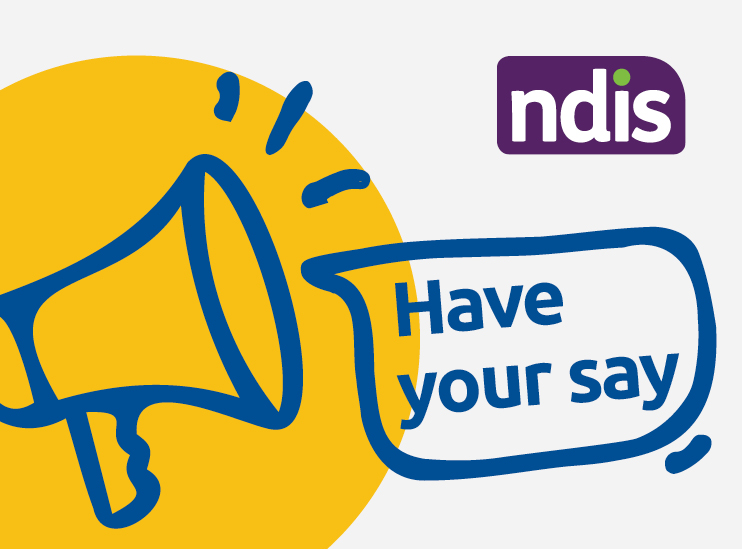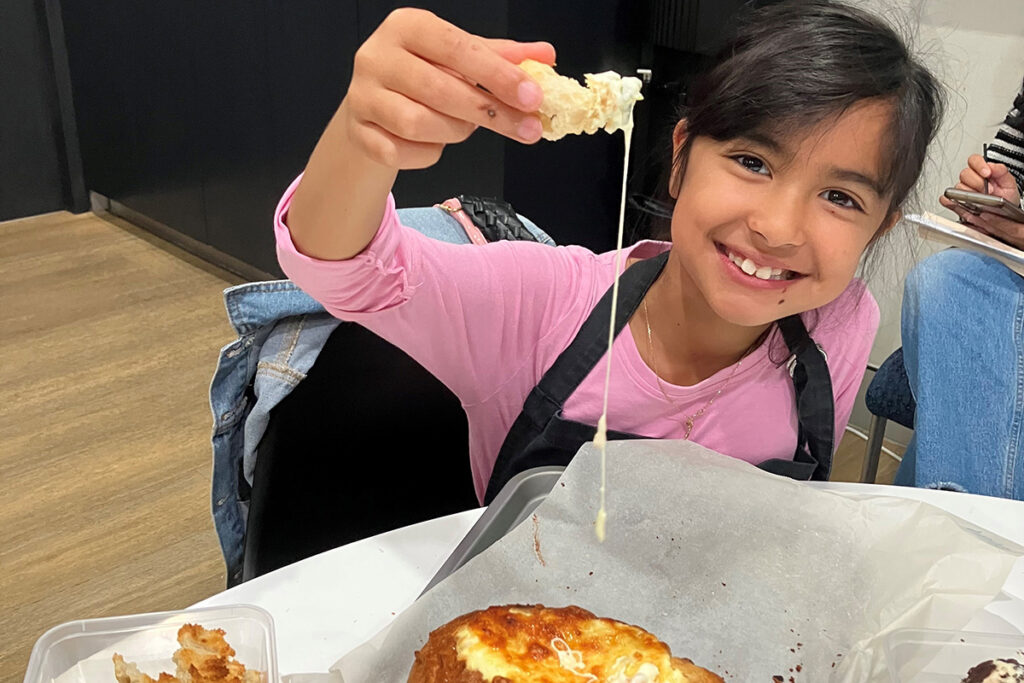
“Our goal is to improve access to dental care for people with disabilities and prepare dental students to provide appropriate care in settings outside traditional dental clinics,” explains Archana.
Addressing a critical gap
Australia has only 28 registered specialists in Special Needs Dentistry, and there is a growing demand for skilled professionals in this area.
“By placing dental students in community settings, we hope to improve their ability to provide care for people with disabilities and inspire some to pursue specialty training in Special Needs Dentistry,” says Archana.
What does the program involve?
The program, which operates without any external funding, involves a series of key activities:
- Oral health screening: Dental students conduct brief checks (15-30 minutes) under specialist supervision.
- Preventive dental services: Students provide education on oral hygiene, healthy diet, and fluoride application.
- Triaging and referrals: Specialist assesses needs and refers patients to fixed clinics for further treatment if necessary.
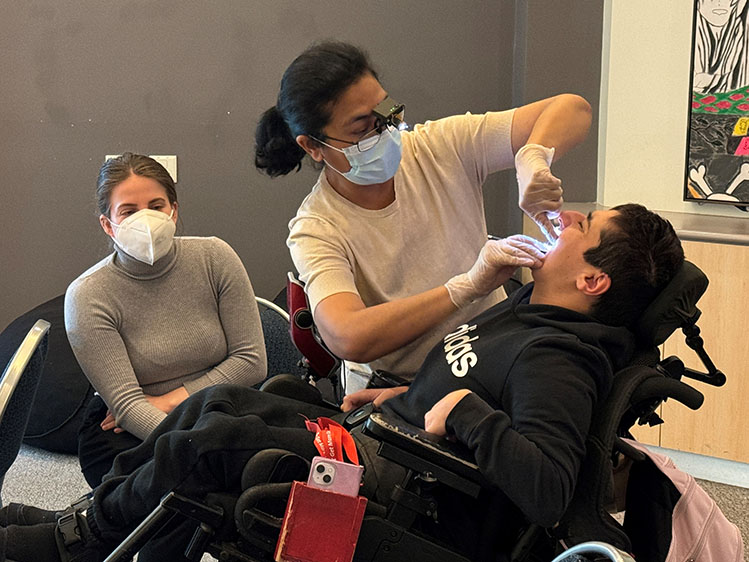
How does the program support dental students?
Dental students involved in the program will gain valuable experience, including:
- Enhanced communication skills: Learning to effectively interact with patients and their carers.
- Recognition of pain and anxiety: Identifying verbal and non-verbal signs of discomfort in patients.
- Comprehensive care planning: Developing treatment plans for patients with complex needs.
One trainee shared her enthusiasm for the program, “This placement is incredibly rewarding. It’s a unique opportunity to gain hands-on experience in a non-traditional setting and develop skills that are crucial for working with patients who have disabilities.”
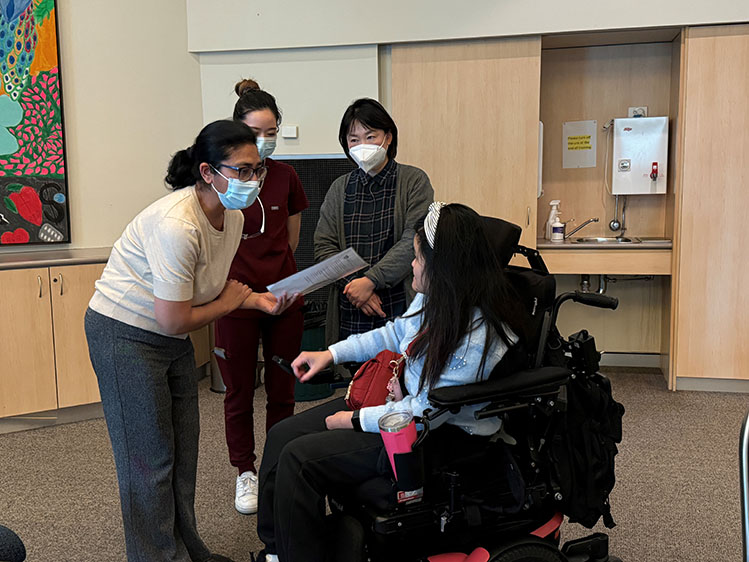
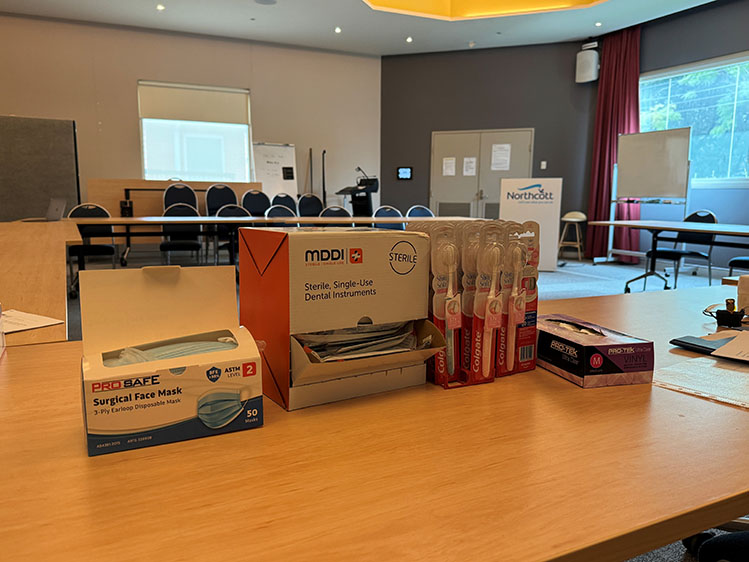
How has the program benefited our customers?
Regular dental care is vital for preventing conditions like decay and gum disease, which can lead to pain, infection, and higher costs if not addressed early.
“Most dental conditions like dental decay and gum problems are preventable,” says Archana.
Sidney, a resident of Johnstone Street accommodation, recently had a check-up at the pop-up dental clinic.
“Sidney was going to the Special Needs Unit Dental Clinic at Westmead Hospital. However, he has been on the waiting list since COVID. At one point we were the next on the list and then the referrals expired and that started the 12 months process off again. I’m absolutely thrilled that Sidney finally had the chance to see a Specialist Needs Dentist and get the care he truly needs,” says Katherine, Sidney’s Service Coordinator.
This initiative has helped:
- Identify and prevent issues early: Reducing pain and potential complications.
- Educate carers: Informing them about oral health and proper care techniques.
- Ensure timely referrals: Guiding patients to appropriate tertiary dental clinics when necessary.
With this program, Northcott and Sydney University are making strides towards better dental health for people with disabilities while equipping future dental practitioners with the skills they need to succeed in this crucial field.
Free oral health checks for adults with disability in 2025
In partnership with the University of Sydney School of Dentistry, Northcott Innovation and Northcott, free oral health checks will be offered to Northcott customers (aged 18 years and above) throughout 2025.
The program kicks off on Monday, 10 February with a Good Oral Care at Home seminar. Clinics will be held at the Northcott North Parramatta location most Mondays throughout the year, with up to 8 appointments available at each session.
Northcott Innovation


Accessibility and Inclusivity
We respect and honour Aboriginal and Torres Strait Islander Elders past, present and future. We acknowledge the stories, traditions and living cultures of Aboriginal and Torres Strait Islander peoples on this land and commit to building a brighter future together.
Read more about our commitment to reconciliation